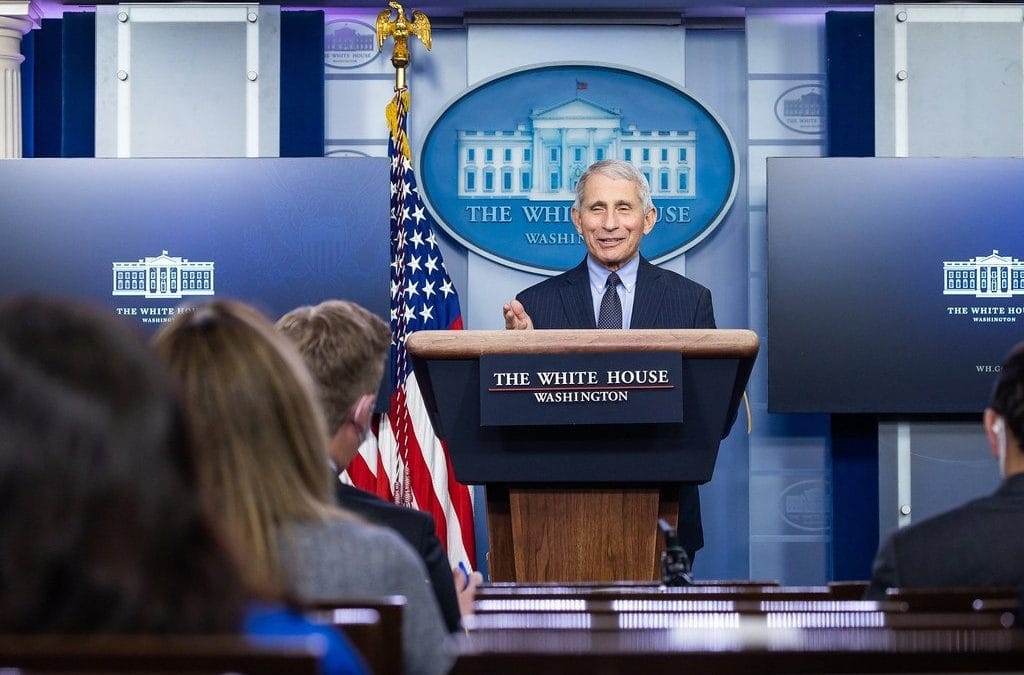 Health care in the United States is not a free market.
Health care in the United States is not a free market.
- U.S. residents are less free to make their own health decisions than residents of other nations.
- Government controls a larger share of health spending in the United States than in Canada, the United Kingdom, and most other advanced nations.
- State and federal governments subsidize low-quality medical care and penalize high-quality care. They block innovations that would otherwise reduce medical prices.
"
Recovery shows that making health care as universal as possible requires ending all barriers that government places in the way of better, more affordable, and more secure health care."
 Health care in the United States is not a free market.
Health care in the United States is not a free market.

 According to the
According to the  Health care in the United States is not a free market.
Health care in the United States is not a free market.


